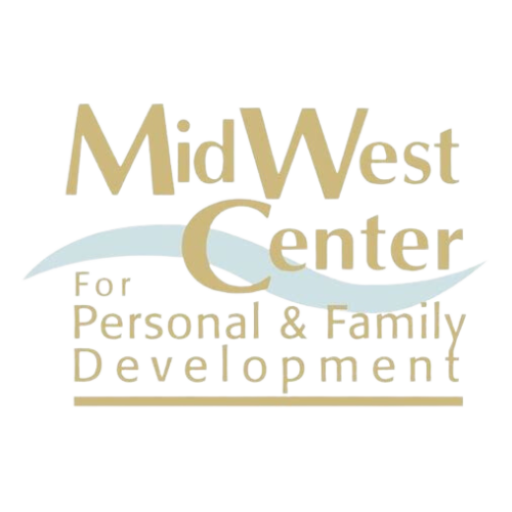Every relationship has its highs and lows—but when miscommunication, distance, or recurring conflict start to overwhelm your connection, marriage counseling can be a powerful resource.
At MidWest Center, we believe that healthy relationships are foundational to mental well-being. Whether you’re facing a crisis or simply want to strengthen your bond, counseling offers couples a safe space to grow, heal, and reconnect.
What Is Marriage Counseling?
Marriage counseling, also called couples therapy, is a form of psychotherapy that helps couples resolve conflict, improve communication, and rebuild trust. Sessions are typically guided by a licensed therapist trained in relationship dynamics and evidence-based practices like:
- Emotionally Focused Therapy (EFT)
- The Gottman Method
- Cognitive Behavioral Therapy (CBT) for couples
Counseling isn’t about assigning blame—it’s about understanding each other’s needs, healing past wounds, and learning how to move forward together.
When Should You Consider Marriage Counseling?
Couples often wait until their relationship feels broken before seeking help. But marriage counseling can be effective at any stage of a relationship—from early frustrations to long-standing resentment.
You might benefit from counseling if you’re experiencing:
- Frequent arguments or communication breakdowns
- Emotional distance or lack of intimacy
- Trust issues, infidelity, or betrayal
- Major life changes (parenthood, relocation, career stress)
- Unresolved grief or trauma affecting the relationship
- Different goals, values, or visions for the future
Seeking help is not a sign of failure. It’s a courageous step toward mutual growth.
What Happens in a Session?
Marriage counseling typically involves both partners attending sessions together, though individual sessions may be included. A therapist will help guide conversations, identify patterns, and teach skills for healthier communication and conflict resolution.
What to expect:
- A nonjudgmental space to speak honestly
- Tools to manage conflict without escalation
- Homework between sessions to build new habits
- Insights into your own emotional triggers and attachment styles
Progress may take time, but many couples report increased empathy, stronger intimacy, and a deeper understanding of their partner.
Common Myths About Marriage Counseling
🧠 “We have to be on the brink of divorce to go.”
Truth: The earlier you seek help, the easier it is to resolve issues.
🧠 “The therapist will take sides.”
Truth: Therapists remain neutral and work to support both partners.
🧠 “Talking about problems just makes things worse.”
Truth: Avoiding difficult conversations is what causes relationships to unravel. Guided, honest dialogue promotes healing.
Strong relationships don’t happen by accident. They require intention, care, and sometimes professional support.
Whether you’re rebuilding after a breach of trust, learning to communicate more effectively, or simply looking to deepen your connection, marriage counseling is an investment in your relationship’s future.
At MidWest Center, we’re here to help you take that next step—because love, just like mental health, deserves attention, respect, and support. Contact us today.

